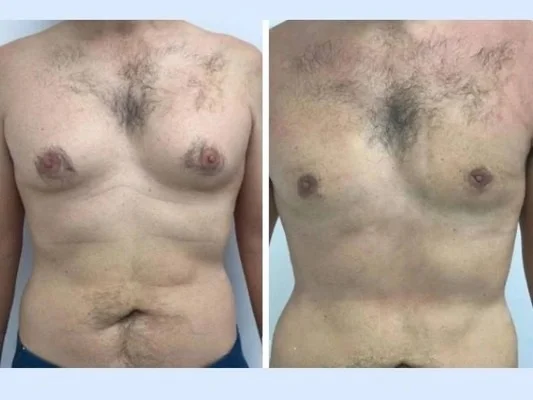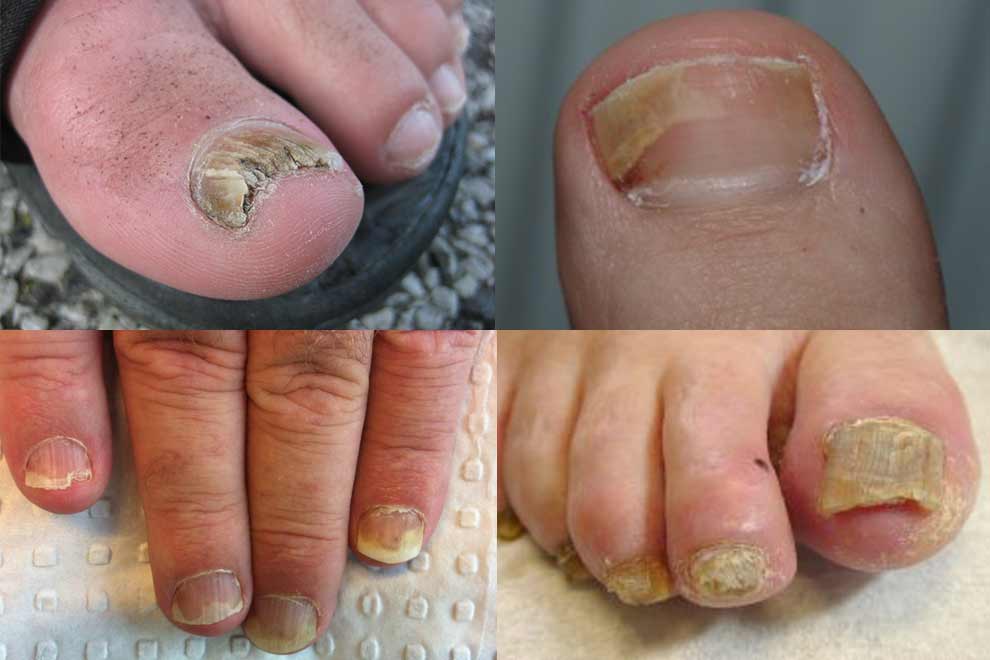Becoming a doctor is one of the most respected and rewarding professions in the world, but the journey to earning an MD can be filled with challenges — especially when it comes to admissions, tuition fees, and acceptance rates in traditional medical schools. That’s where a stands out as an exceptional choice for aspiring physicians seeking a high-quality education with a more accessible path.
Becoming a doctor takes hard work, patience, and a clear path toward your goal. For many students, that path begins at a Caribbean school of medicine — an option that combines strong academics, modern facilities, and international opportunities. The Caribbean has become one of the most popular destinations for medical education, attracting students from North America, Europe, Africa, and Asia.
In this post, we’ll take a closer look at why studying in the Caribbean can be such a smart choice and how it helps students achieve their dream of becoming successful medical professionals.
1. A Globally Recognized Medical Education
Caribbean medical schools are known for offering a U.S.-based curriculum, designed to prepare students for international medical licensing exams such as the USMLE and MCCQE. This structure ensures that graduates are well-equipped to practice medicine not just in the Caribbean but also in the United States, Canada, and many other countries.
Many institutions, such as Windsor University School of Medicine, maintain partnerships with hospitals in the U.S. and Canada, giving students the chance to complete clinical rotations abroad. This real-world exposure is one of the biggest advantages of attending a Caribbean school of medicine.
2. Smaller Class Sizes and Personalized Support
Unlike large medical universities with hundreds of students per class, most Caribbean schools maintain smaller class sizes. This allows professors to offer personal attention, one-on-one mentoring, and a more focused learning experience. Students can easily approach faculty members for help, guidance, or career advice.
For students who need extra academic support, schools often have tutoring centers and peer-led learning programs. This tight-knit environment makes learning more interactive and less intimidating — a big plus for anyone starting their journey in medical studies.
3. Affordable Tuition and Flexible Payment Options
Let’s face it: medical school is expensive. In the United States, the total cost of tuition and living expenses can easily exceed $250,000. That’s where the Caribbean school of medicine model becomes appealing.
Many of these institutions offer quality education at a much lower cost, often 40–60% less than U.S. medical schools. In addition, several Caribbean universities provide scholarships, need-based grants, and installment payment plans to help reduce financial pressure.
When combined with the lower cost of living on the islands, it’s easy to see why studying medicine in the Caribbean is both practical and financially sensible.
4. Real-World Clinical Experience
During their final years, students at Caribbean medical schools gain hands-on experience through clinical rotations in hospitals across the U.S., Canada, and the Caribbean. These rotations cover major medical disciplines like internal medicine, surgery, pediatrics, psychiatry, and obstetrics.
This experience helps students apply what they’ve learned in real-world situations — diagnosing patients, observing procedures, and working alongside experienced physicians. It’s also an important stage for building professional connections that may lead to future residency placements.
5. A Multicultural Learning Environment
The Caribbean attracts students from all over the world, creating a dynamic, multicultural campus life. Learning alongside people from diverse backgrounds helps students improve their communication skills and cultural understanding — both essential traits for doctors.
This diversity also encourages collaboration and global thinking. In today’s interconnected world, being able to understand and treat patients from different cultures is a vital skill that every good doctor needs.
6. Modern Facilities and Supportive Campus Life
A Caribbean school of medicine typically offers modern classrooms, research labs, simulation centers, and student housing. Schools also invest heavily in digital resources and online tools, allowing students to study efficiently both on and off campus.
Beyond academics, the campus lifestyle promotes balance. Students can explore the islands, enjoy the beaches, and take part in outdoor activities such as diving, hiking, and cultural festivals. This balance between study and leisure helps reduce burnout and promotes mental well-being — something many traditional medical schools struggle to provide.
7. Pathway to Residency and Global Career
Graduates from accredited Caribbean schools are eligible to apply for medical residencies in the U.S., Canada, and several other countries. Many have gone on to secure competitive residency placements and successful medical careers worldwide.
The key is accreditation — always ensure that the Caribbean school you choose is recognized by major accrediting bodies and listed in the World Directory of Medical Schools (WDMS). Windsor University School of Medicine is one example of a well-recognized institution that meets these standards.
8. Life on the Island – A Unique Experience
Studying medicine in the Caribbean isn’t just about textbooks and labs. It’s also about the experience of living in a calm, scenic environment. The tropical setting provides a relaxed yet motivating atmosphere, far from the noise and stress of big cities.
Students often say that island life gives them the space to focus deeply on their studies while enjoying moments of peace and inspiration. The warmth of the local community adds to that charm, making it a memorable and enriching journey.
Final Thoughts
A Caribbean school of medicine offers everything an aspiring doctor needs — quality education, clinical training, affordability, and global opportunities. For many students, it’s not just an alternative; it’s a better, more practical route to achieving their dream of becoming a physician.
If you’re serious about your medical future, take time to explore your options in the Caribbean. Schools like Windsor University School of Medicine continue to build strong reputations for academic excellence and career success. Your journey to becoming a doctor could begin on one of the most beautiful islands in the world.


